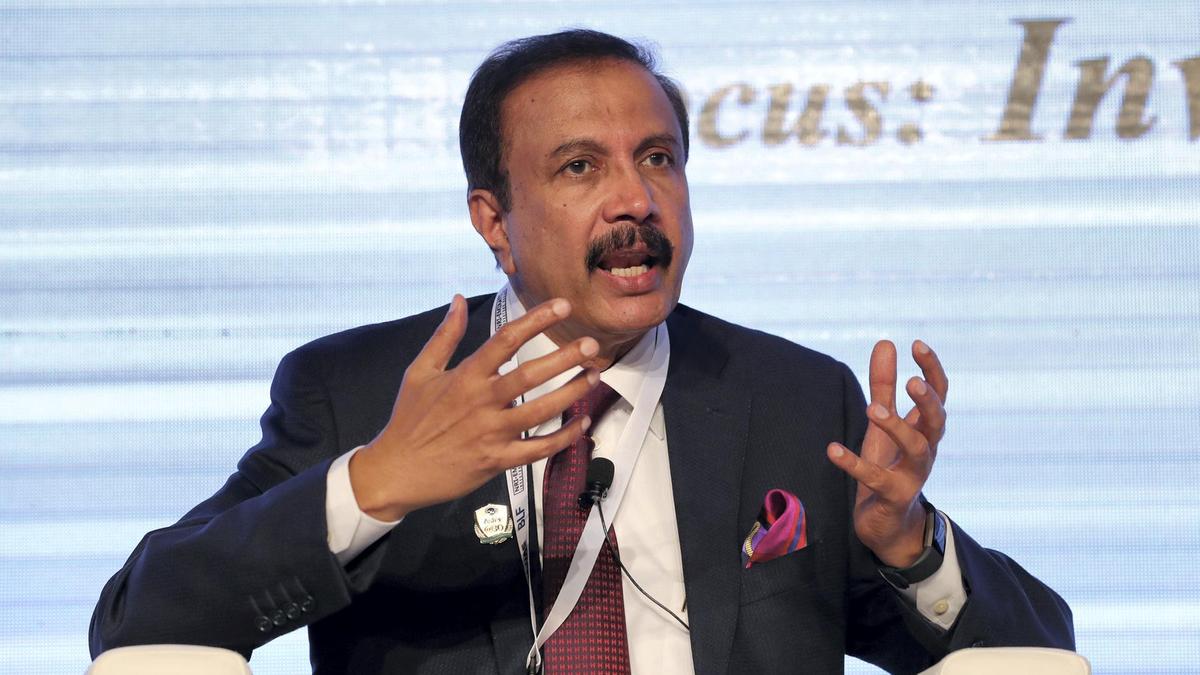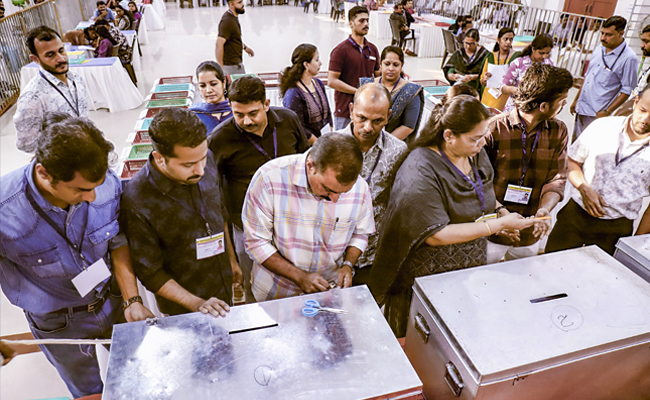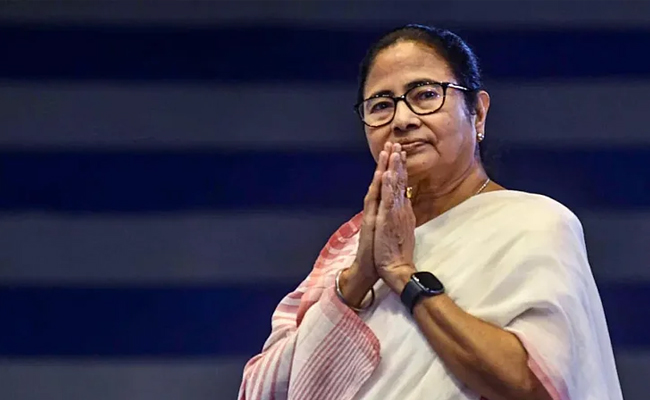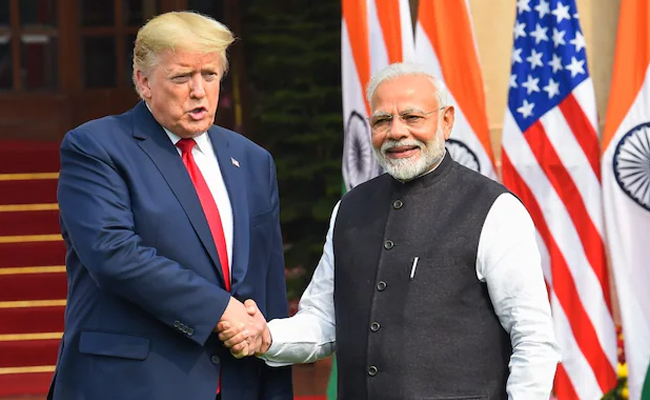Dubai, 4 July, 2020: DM Education and Research Foundation (DMERF) is considering the handover of DM WIMS Medical College, Nursing and Pharmacy Colleges and its associated institutions over to the Government of Kerala and would be undertaking further discussions to agree upon the terms and conditions of the handover.
The Government of Kerala had been deliberating to set-up a medical college in the area over the last 7 to 8 years to address the challenges being faced by the local population due to lack of local availability of advanced healthcare facilities under the government sector. With two batches of MBBS graduates having passed from the institution, the handover by DMERF would address the Government need. DM WIMS is one of the few NABH accredited medical colleges in the country.
The DM WIMS Medical College and its associated institutions in Wayanad was established by DMERF Trust 10 years ago as a response to help the backward community of the district. Run in a charitable manner, the medical college has a capacity of 150 seats and has seen two batches of doctors graduate from the institution with excellent results in KUHAS exams. With a total built up area of 14 lakh square feet, it also has a 700 bed super-specialty hospital catering to the local community and helping in training healthcare professionals, a 100-bed specialty hospital, a pharmacy college and a nursing college.
“Over the years, DMWIMS Medical college and its associated institutions have been able to make a significant contribution towards managing the healthcare needs of the 10 lakh population of the district which has limitations in terms of social infrastructure and hilly terrain. Another new medical college by Government would require substantial investments and minimum another 5 years to be functional. We think that DM WIMS can cater to the requirement by Government and and setting up of another medical collegemight not be required to cater to the existing population. We think that it is important that we join hands with the Government in providing support to the needy local population. I am happy to announce that we shall donate Rs 250 Crores out of the total investment in the institutions to the government to provide treatment to the needy population in the backward, land locked district and to train good quality doctors from the state. I am thankful to the Honourable Chief Minister Shri Pinarayi Vijayan and Health Minister Smt. K K Shailaja Teacher for their prompt response to the proposal and setting up a committee to review the details. We would also request the Government to continue with the current staff who have been associated with the institutions for many years and have contributed to its success,” said Dr. Azad Moopen, Managing Trustee, DMERF.
Dr U T Ifthikar, Syndicate Member, RGUHS also lauded the move and added that he was very proud of the Dr. Moopen for coming up with such a proposal that will help people.
Dr. Moopen has earmarked 20% of his personal wealth for philanthropic efforts and which is being done through the family trust. DMERF had established the institutions without a profit motive and with the main intention of providing access to quality care to the needy population of Wayanad and imparting medical education to deserving students. Over the years, these institutions have played a significant role in improving access to quality care even to the remotest parts of the hilly terrain. The Aster Volunteers program by Aster DM Healthcare recently handed over 100 Aster Homes to the people affected by the floods recently and is building another 150 Aster Homes now. Aster Volunteers and the Family Trust are involved in several philanthropic activities across 7 countries, through several healthcare and humanitarian interventions. Currently, the institutions are actively working to help the population cope-up with the Covid-19 pandemic.
Let the Truth be known. If you read VB and like VB, please be a VB Supporter and Help us deliver the Truth to one and all.
Thiruvananthapuram (PTI): Buoyed by the strong performance of the Congress-led UDF in the local body polls, KPCC president Sunny Joseph said on Saturday that the front's results indicated the people had rejected the LDF government.
According to early trends, the UDF was leading in more grama panchayats, block panchayats, municipalities and corporations than the LDF.
The local body polls were held in two phases in the state earlier this week.
ALSO READ: Cong candidate who moved Kerala HC for name reinstatement in voter list, wins
Speaking to reporters here, Joseph said the people of Kerala had extended their support to the UDF.
"We could expose the LDF government’s anti-people stance and the people understood it. The LDF’s fake propaganda was rejected by the people. The UDF is moving towards a historic victory," he said.
He said a united effort, proper preparations, good candidate selection and hard work had resulted in the Congress and the UDF’s victory in the elections.
Asked about the prospects in the Thiruvananthapuram Corporation, Joseph said the party was studying the matter and would comment later.
LDF convenor T P Ramakrishnan said the results would be closely examined.
According to him, the government had done everything possible for the people.
"Why such a verdict happened will be examined at the micro level. People’s opinion will be considered and further steps will be taken," he said.
He added that decisions would be taken after analysing the results. "If any corrective measures are required, we will initiate them and move forward," he said.
AICC leader K C Venugopal said the results showed that people had begun ousting those who, he alleged, were responsible for the loss of gold at Lord Ayyappa’s temple.
"This trend will continue in the Assembly elections as well. It is an indication that the people are ready to bring down the LDF government," he said.
Venugopal said the UDF had registered victories even in CPI(M) and LDF strongholds.
"I congratulate all UDF workers for their hard work. Congress workers and leaders worked unitedly," he said.
Referring to remarks made by Chief Minister Pinarayi Vijayan against the Congress on polling day, Venugopal said the voters had responded through the verdict.
"I do not know whether the chief minister understands that the people are against him. Otherwise, he does not know the sentiment of the people. The state government cannot move an inch further," he said.
He said the results indicated a strong comeback for the UDF in Kerala.
Asked whether the Sabarimala gold loss issue had affected the LDF in the local polls, Venugopal said the CM and the CPI(M) state secretary did not take the issue seriously.
"We took a strong stand on the matter. The BJP played a foul game in it," he alleged.
On the BJP's role in the local body elections, Venugopal alleged that the party operated with the CPI(M) 's tacit support.
"The CPI(M) supported the central government on issues such as PM-SHRI, labour codes and corruption in national highway construction. The CPI(M) is facing ideological decline, and the state government’s policies are against the party’s own decisions," he said.
Meanwhile, LDF ally Kerala Congress (M) leader Jose K Mani said the party could not win all the wards it had expected in the elections.
He congratulated winners from all parties and said the party would closely examine the losses and identify shortcomings. "Later, we will take corrective measures," he added.
Senior Congress leader and MP Rajmohan Unnithan said the trends in the local body elections indicated that the UDF would return to power in the 2026 Assembly elections.
"We will win 111 seats as in 1977 and return to power in 2026. The anti-government sentiment of the people is reflected in the elections," he said.
Unnithan said the people were disturbed and unhappy with the present government.
"The trend indicates the end of the LDF government," he added.
CPI(M) MLA M M Mani said the people had shown ingratitude towards the LDF despite benefiting from welfare schemes.
"After receiving all welfare schemes and living comfortably, people voted against us due to some temporary sentiments. Is that not ingratitude," he asked.
Mani said no such welfare initiatives had taken place in Kerala earlier.
"People are receiving pensions and have enough to eat. Even after getting all this, they voted against us. This is what can be called ingratitude," he said.
Muslim League state president Panakkad Sayyid Sadiq Ali Shihab Thangal said the results were beyond expectations.
"The outcome points towards the Secretariat in Thiruvananthapuram, indicating that a change of government is imminent. We are going to win the Assembly election," he said.





